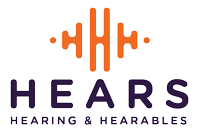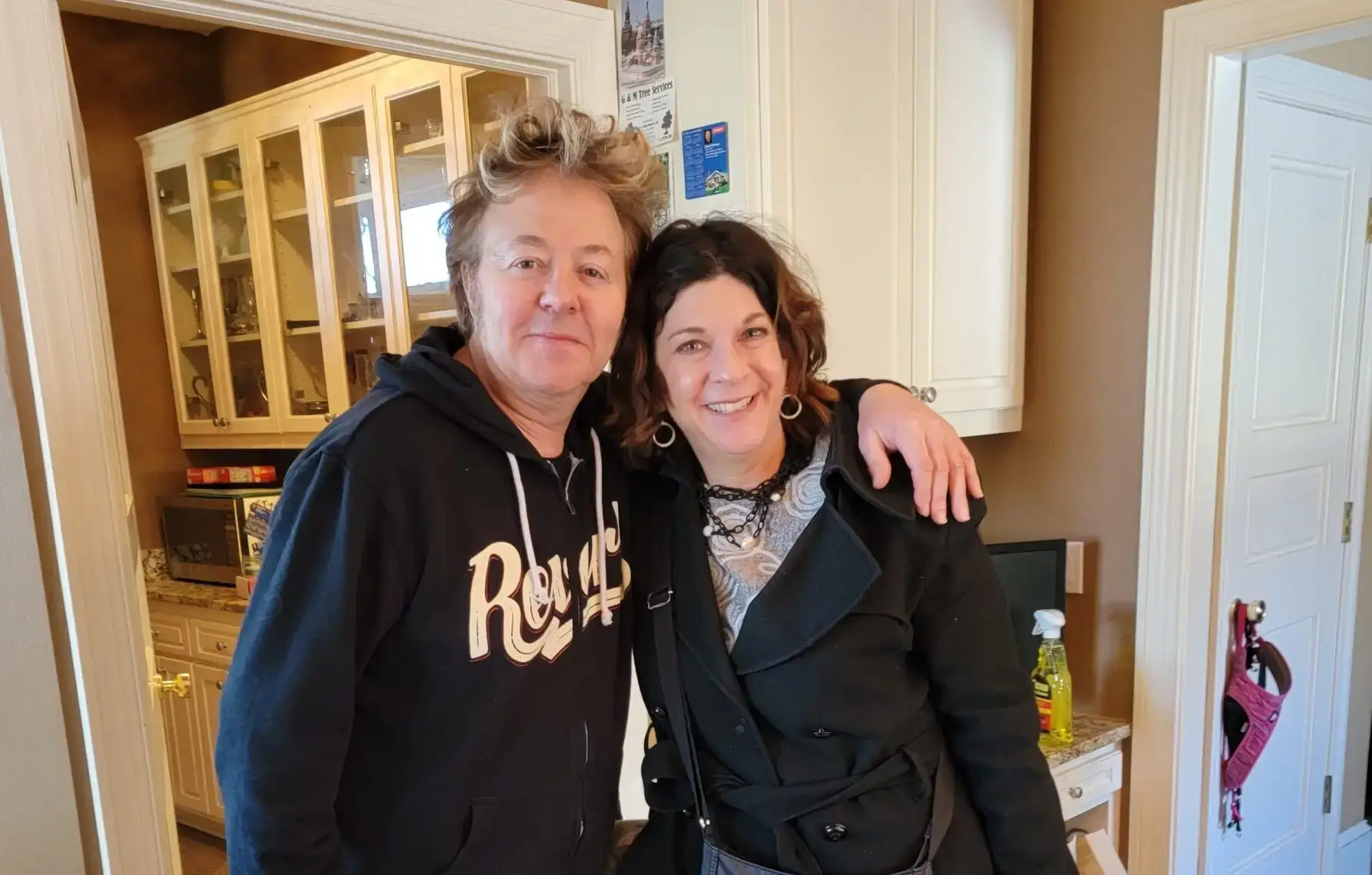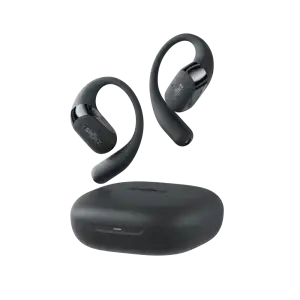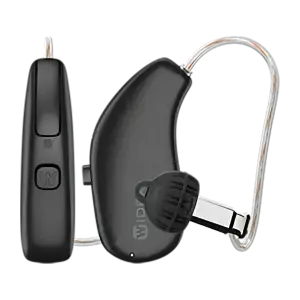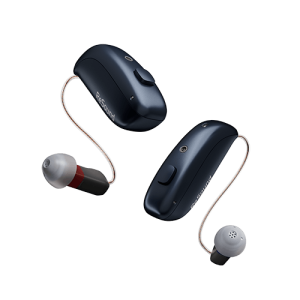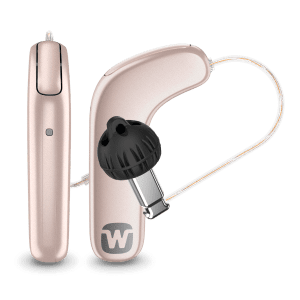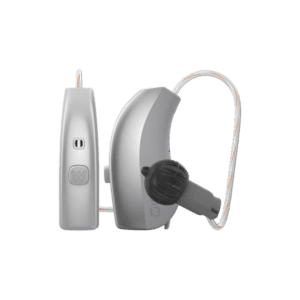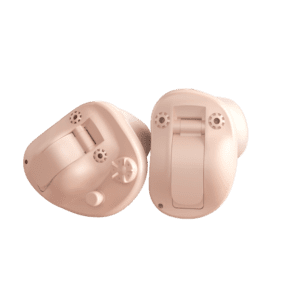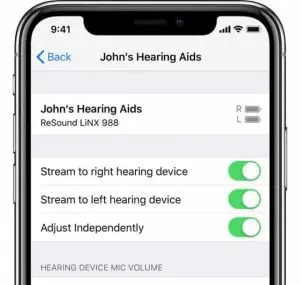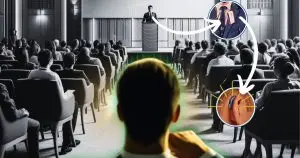Hearing Loss and Musicians: Common and Difficult for the Musician
According to the National Institute of Health, about 15% of people aged 20-69 have high-frequency hearing loss related to occupational or leisure activities.
Professional musicians are almost four times as likely to develop Noise-Induced Hearing Loss (NIHL) compared to the general public. They are also 57% more likely to develop tinnitus as reported by the British Medical Journal.
As we have mentioned in other articles. Noise-induced hearing loss can occur from a single event, an explosion, or can develop gradually as a result of repeated exposure to loud noise. This repeated exposure causes damage to the small hair cells of the inner ear, which send sound to the brain.
There is also something called Music-induced hearing loss (MIHL):
hearing loss resulting from exposure to high levels of music over prolonged periods of time. This is a common problem among those who frequently listen to or play music. Musicians come from a variety of backgrounds. They do not have to be rock musicians; classical musicians are also at risk. One study found that 52% of classical musicians and 30% of rock musicians were found to have some degree of permanent hearing loss. Eighty percent of musicians immediately following their performance also had temporary Music-induced hearing loss. Brass, woodwind, and percussion players are particularly susceptible to Music-induced hearing loss because of high volume levels and high frequencies; daily practice; also riskier placement in the ensemble, such as in front of the brass or percussion sections. (think of the poor clarinet section when the trumpets and trombones stand up to play their “big” section of Sousa’s Stars and Stripes Forever. My ears were ringing for hours. At least those high piccolos were in front us!:)
Yes, hearing protection is a good idea; even if you already have a diagnosis of hearing loss or tinnitus. Please do protect what hearing you have left. How many musicians use it? If you have a musician in your life, by all means, talk to them about hearing protection. What do you do if you suspect a loss?
Musician or no, if you suspect you have a hearing loss, go to an audiologist. Have an audiogram done. The audiologist will go over the test results with you and recommend a treatment plan. For the sake of the rest of this piece, let us say that you do have a loss and need a hearing aid. Now, the real work begins. Now you and the audiologist need to find a hearing aid that is right for you. If you are reading this, you probably care about hearing health care. Perhaps you wear a hearing aid. You remember the process you had to choose the hearing aid that would appropriately treat your loss and help you hear where, or in what situations, you needed help.
Musicians present with different needs. I always thought music majors were a little different. It turns out I was right; you are. Your brains process sounds differently. You have trained your brain to “hear” things within a sound that non-musicians do not hear; things like pitch, timbre, and tone quality. We did a review of research recently on the enhanced auditory processing of musicians. It is quite impressive. You are welcome to review that blog. Click here to Read it.
Most hearing aid users have speech understanding and in noise as their top priority. Therefore, it has been the top priority of hearing aid manufacturers and designers. Speech enhancers, directional microphones, and feedback cancellation are standard in most hearing aids and help the user hear speech, even in noisy environments. Those are helpful for speech, but not for music. Speech lies in a fairly well-defined area of pitch and loudness. Music does not. That makes reproducing those sounds a challenge. Plus a musician needs to hear every note. When you are listening to speech, you may not need to hear every word. You may be able to follow a conversation without hearing everything; in fact, your brain may “insert” words when you fail to hear something. A musician cannot do that. Speech has redundancies and information on the lips that also make it easier to follow.
So, what can you do to protect your hearing if you are a musician?
You and your audiologist will need to work together to determine your needs. This is going to be a process; patience on both sides will help immensely. Just like with a non-musician, your audiologist needs to know where you need to hear better, what instrument you play, and what frequencies you need to hear and cannot currently hear. It is possible that you may need different solutions for listening settings. Perhaps different tips on the aids for different situations. Ask your audiologist for a mute button, and volume control, disable the feedback manager and see what happens if you disable the directional microphone, and lower the compression rate. These are all options you and your audiologist can explore together. It is a process for all new hearing aid users; musicians in particular. Please be patient with your audiologist and with yourself. You likely did not lose your hearing overnight. You will not get to your best hearing overnight either.
Hearing aid companies recognize the unique needs of musicians and have created music programs. In addition, your audiologist can adjust the volume and gain on the aid itself. Accessories like an FM system or covering the microphone can help. Maybe not wearing the hearing aid during a loud rehearsal or concert could be an option. Discuss these options with your hearing care professional.
All is not lost. For everyone, hearing loss can be frightening. For a musician, it is their worst nightmare. It does not have to be. There are things that can be done to help you reach your new best hearing.
We at Hears to U and Hears Hearing & Hearables want to keep you up to date. If you are interested in learning more contact us. If you would like to read any of the articles cited for this report, please give us a call. Happy Hearing!
The following were used to write this report:
April 30, 2014 T. Schink, g. Kreutz, V. Busch, I Pigeot, W. Ahrens. Incidence and relative risk of hearing disorders in professional musicians. Occupational and Environmental Medicine, 2014;
Music-Induced Hearing Loss: Loud Concerts, Musicians and Hearing Loss Information for Audiologists University of Iowa Health Care 1/12/2022
Hearing Aids for Music Newsletter. Hearing Aids for Music, School of Music, University of Leeds, Leeds UK
Programming Hearing Aids for Listening and Playing Music, Presented in Partnership with the Association of Adult Musicians with Hearing Loss (AAMHL). Marshall Chasin, Aud. 9/15/2014
